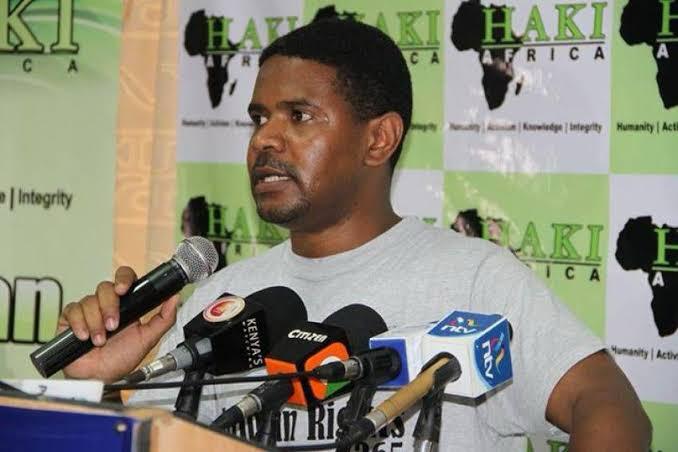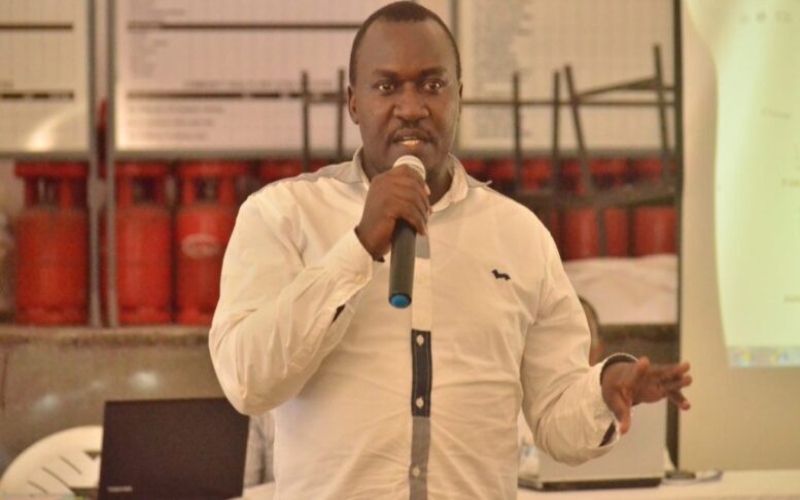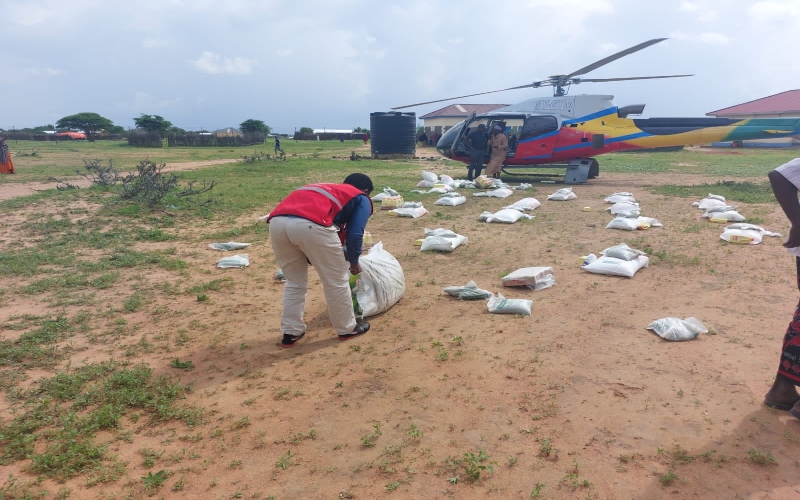Muslim families navigate legal and religious hurdles in autopsy decision-making

Noordin Haji had urged Muslim scholars to help demystify the issue of postmortem.
The family of the late Yusuf Hassan from Mombasa County is among the few Kenyan Muslims who have been forced to bury their kin without conducting an autopsy to reveal the cause of their loved one’s death.
Yusuf's family is among those who have claimed religious barriers and the country’s unfair justice system as the main reasons why they prefer not to conduct a postmortem.
More To Read
- Pope Leo visits Istanbul’s Blue Mosque on first foreign journey
- Nigeria dismisses US claims about prosecution of Christians
- Autopsies reveal Kasarani victims died from gunshots during Raila Odinga public viewing
- Kenyans unite against Gaza genocide, call for Israel boycott at Uhuru Park protest
- Judicial Service Commission advertises five Kadhi posts in fresh judicial recruitment drive
- In Pictures: Muslims countrywide celebrate Eid-ul-Adha
The late Yusuf had gone missing and later his body was retrieved in the Indian Ocean in Mombasa.
The family said he was allegedly beaten up to death.
“We did not conduct a postmortem because we will not find justice. We decided to respect the dead and buried him immediately. We had written a statement and nothing was done. You can imagine if we decided to conduct the autopsy and nothing is done, that would have been a disrespect to our kin,” said the father, Hassan Yusuf.
Why some families ignore autopsy
According to Sheikh Izzudin Alwy, the Islamic religion does not allow a dead body to be disrespected in any way.
“A body of a Muslim faithful can only be subjected to an autopsy only if it is a must. That is under very few circumstances, like revealing the type of disease that caused the person to die. But if the body is to be placed inside a freezer awaiting autopsy then that is disrespectful,” he said.
He added that the body should be buried the same day or immediately after the death.
Sheikh Izzudin noted that most families do not get deserved justice when alive and so they feel they will not get justice when their kin dies.
He argued that very few bodies of Islamic women can be subjected to postmortem because of religious factors.
“When a woman dies, even her husband is not allowed to wash her body. Therefore, a male pathologist cannot conduct a postmortem on the body,” said Sheikh Izzudin, adding that only a few Muslim faithful go for the autopsy exam for various reasons.
The family of the late Najma Abdullahi who went missing in Mombasa and was later found dead in 2021 are among the few who opted for a postmortem.
The family says they conducted a postmortem for their daughter to reveal the cause of her death. The results showed that she was tortured, however, no suspect has been charged.
This has resulted in Muslim clerics demanding assurance from the justice system on why they should allow bodies to undergo postmortem.
Haki Africa Executive Director Hussein Khalid cited that the lack of autopsies on bodies has made it hard for unknown bodies to be recognized.
“We face challenges where we retrieve bodies, but the family refuses an autopsy exam thus making it difficult to identify a body. It is time we allow postmortem to ensure the families get the justice they deserve,” said Hussein.
In 2020, the then Director of Public Prosecutions Noordin Haji said the religious factor in conducting postmortem was an impediment when police are investigating extrajudicial killings
He urged Muslim scholars to help demystify the issue of postmortem.
Top Stories Today










































